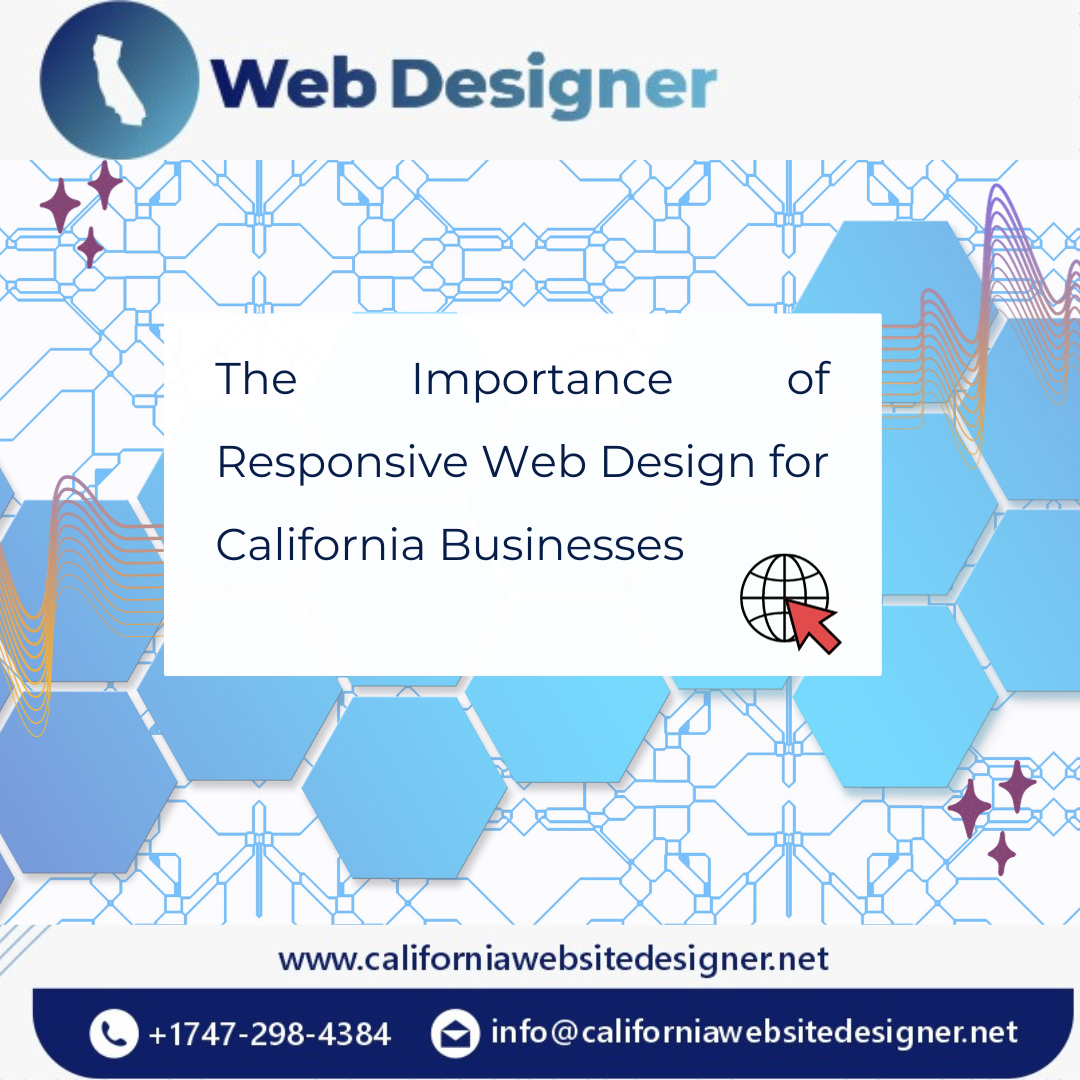It is crucial for your business to become online. WordPress, Shopify, and other platforms are prominent for building e-commerce sites. Even though WordPress, Shopify, and others have many features and performances, their differences are in customization, usability, and suitability for different sorts of businesses.
WordPress
WordPress offers flexibility and customization. It is an open-source content management system that powers over 40% of the websites on the internet. The vast collection of plugins and themes allows for unmatched customization. WordPress gives you complete control of the look and function of your site. The platform is flexible and offers thousands of themes.
You can personalize your website to complement your brand. Shopify is an e-commerce solution tailored for online stores. It may not deliver the same personalization options as WordPress, but it is a notably more user-friendly program for creating an online shop. Shopify has a huge choice of themes that are magnificently designed. Although you don’t have full control over the code, the framework allows substantial customization.
WordPress’s intuitive and user-friendly content management system is well known. Even those with no technical knowledge can easily navigate and set it up. With great customization comes an even steeper learning curve for managing and optimizing the site. Updates, backups, and security may require technical expertise, but you can find many resources online and in communities to help.
Shopify is a dedicated platform for e-commerce. It was designed to be simple. The setup is simple, making it perfect for non-technical and beginners. Shopify will take care of the hosting, software, and security updates. You can focus on marketing and managing your product. The intuitive dashboard is a simple interface that allows you to manage inventory, process orders, and track sales.
WordPress E-commerce
WordPress’s vast ecosystem of plugins transforms it into an e-commerce powerhouse. You can easily add extensive e-commerce features to your WordPress site with plugins such as WooCommerce. WooCommerce includes product management, shipping, payment gateways, and inventory management. WordPress’s adaptability and substantial plugin support make things an excellent choice for agencies that require enhanced e-commerce characteristics.
Shopify is a dynamic e-commerce network that offers a variety of e-commerce attributes. The platform has a variety of features included in, including merchandise administration, remittance gateways, and shipping options. Shopify App Store offers additional extensions and plugins to enhance the functionality of your store. Shopify has most of the resources you need to make a successful store, whether it’s selling digital or physical products.
WordPress Scalability
WordPress has a high level of scalability, and it can control sites of any dimension. As your website flourishes you will require to improve your hosting service and the functionality of your site to ensure speed and dependability.
WordPress Scalability
WordPress has a high level of scalability, and it can manage websites of any size. As your website grows, you will need to upgrade your hosting service and improve your site’s performance to ensure speed and reliability. WordPress sites can be optimized to perform well with caching and content delivery networks. You should be aware that overloaded or poorly coded plugins will affect performance. It is, therefore, important to use reputable plugins and adhere to efficient coding.
Shopify
Shopify will manage the hosting and infrastructure to ensure your store always performs optimally. The infrastructure is robust and can handle large traffic volumes. Shopify servers are designed for online shopping, resulting in fast page loading times and an enjoyable browsing experience for your customers. Shopify scales certainly as you grow, so there’s no need to worry.
WordPress is free as it’s an open-source platform. You will still need to factor in the cost of domain registration, hosting, plugins, premium themes, etc. Although many free plugins and themes are available, the premium versions often offer more features. If you choose WooCommerce for your e-commerce, premium extensions, and payment gateways may be charged.
Shopify is based on a pricing system based on subscriptions. The company offers a variety of plans ranging from the most basic to those with more sophisticated features. Plans include security updates and hosting. The subscription costs can be high, but they cover all the e-commerce infrastructure and features, so you don’t have to worry about sourcing and managing them separately. When evaluating Shopify pricing, it’s crucial to take into account your budget as well as the features that you need.
WordPress Support and Resources. A large and active group of designers, developers, and users supports WordPress. They all contribute to the growth and development of WordPress. WordPress’ community-based support system is one of its biggest advantages. You can find help and advice on various websites, including WordPress-specific forums, online documentation, and tutorials. Many agencies and developers offer WordPress support, which ensures a quick resolution to any technical problems.
Shopify presents infinite assistance through live chat, phone, email, and other methods. The assistance staff is well-versed in technical issues and can assist with customer service. Shopify delivers documentation, videos, guides, and other tools to help users put together their stores. Shopify’s community is dynamic, with forums and conversation boards where you can communicate and ask questions.
Conclusion:
The best platform for your business depends ultimately on the specific requirements of your company, your technical skills, and the budget you have. WordPress is a flexible platform that offers unmatched customization. It’s ideal for companies with specific needs or businesses looking to implement advanced e-commerce. On the other hand, Shopify offers a user-friendly and simplified experience ideal for businesses or beginners primarily focused on online sales.
When deciding, consider factors like your technical knowledge, the level of customization you want, the scalability needs, your budget, and future business goals. Many businesses combine both platforms. They use Shopify to create dedicated e-commerce sites and WordPress for their content-driven website.
Take the time to assess your needs and explore the demos, trials, and advice of experts and professionals to help you make an informed decision that is aligned with your business goals and drives your online success.








